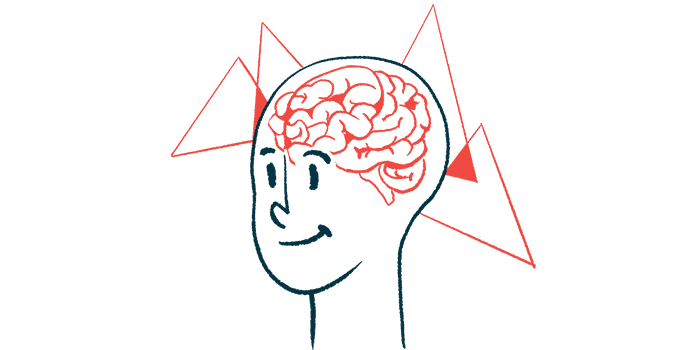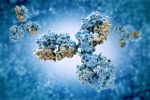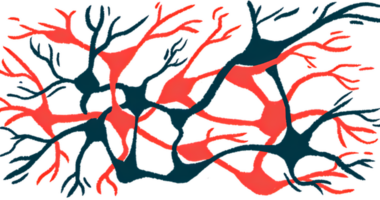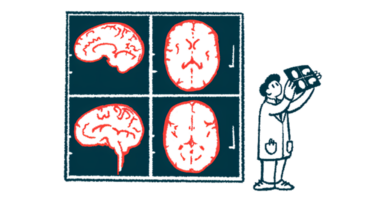Student Wins Fellowship to Study New Ways to Halt Brain Inflammation

A medical student at the University of Queensland has won a U.S. Parkinson’s Foundation fellowship to investigate new ways to halt chronic brain inflammation and the death of dopamine-producing neurons in Parkinson’s disease.
Zhen-Yi Andy Ou was awarded one of 11 fellowships for the project “Targeting novel regulatory mechanisms to inhibit chronic neuroinflammation and neurotoxicity in Parkinson’s disease,” to be conducted under the supervision of Richard Gordon, PhD, at the Australian university’s Centre for Clinical Research (UQCCR), according to a press release.
Chronic inflammation is believed to contribute to the loss of dopaminergic neurons — those responsible for releasing the neurotransmitter dopamine — in the substantia nigra, a brain region involved in the control of voluntary movements, and one of the most affected in Parkinson’s disease.
Inflammasomes, a group of proteins of the immune system, are known to play a key role in the activation of inflammatory responses. Recent research led by Gordon suggests that activation of one of these inflammasomes, called NLRP3, is a significant driver of Parkinson’s progression.
“Under the guidance of Dr Richard Gordon, UQCCR researchers recently discovered new mechanisms that regulate the protein NLRP3 inflammasome, a key driver of inflammation and Parkinson’s progression,” Ou said.
Resolving the chronic inflammation that fuels the death of dopamine-producing neurons is “considered one of the most promising therapeutic approaches to slow or halt … Parkinson’s,” he said, adding that “most therapeutic strategies used to target inflammation in Parkinson’s aim to block a single inflammatory pathway but this approach has had limited success in clinical trials to date.”
Ou will evaluate a novel therapeutic strategy to activate natural pathways that counteract the NLRP3 inflammasome’s activity in immune cells to understand if this approach can reduce chronic inflammation and the death of dopaminergic neurons.
According to the researchers, their preliminary results suggest these regulatory pathways that keep inflammation under control are markedly reduced in people with Parkinson’s disease. The same has been seen in animal models of the disease.
“Our studies will therefore evaluate if restoration or activation of these protective pathways can limit inflammation and dopaminergic neuron death,” they wrote.
Ou will use experimental models of Parkinson’s, human patient studies, and pharmacological agents to evaluate the effectiveness of their strategy.
“Based on our findings that these protective mechanisms are lost in [Parkinson’s disease], the results from our proposed work will provide vital proof of concept evidence for clinical translation of this therapeutic approach for disease modification,” the researchers said.








